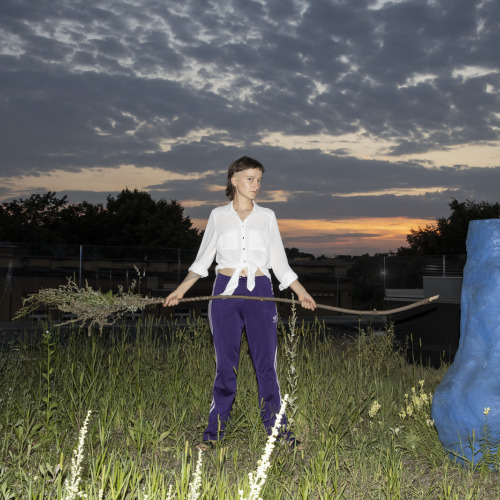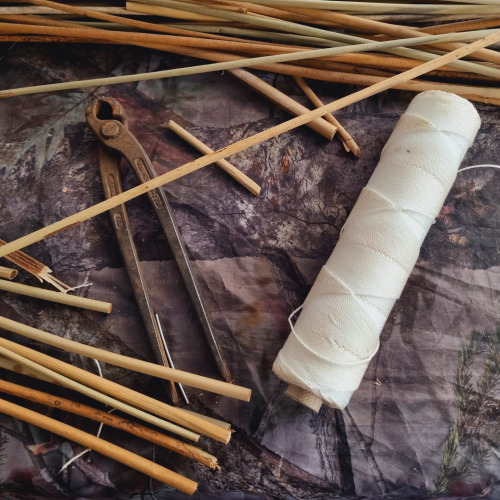
Zone B
The
audio-visual situation called Zone B documents portraits of individuals—people
who reside in a common space that some own but others don’t, depending on which
side of the geopolitical divide they’re on: there are natives and there are
foreigners. What stands between them is the dynamics of confrontation, the
power and helplessness of dialog, the decision to accept or refuse.
„You cannot live with everyone. There are too many of us.
What if the evil ones all died out? What would you say then? It would all go by
the rules, like a test: a person is evil when he or she won't let another
person live his or her own life the way they want. Extreme case: a person who
won’t let another person live her life, because she is different. Foreigners?
Oh, those foreigners! All right, let’s base our criteria on foreigners. If you
confess every mean thing you’ve ever done to a foreigner, then that means you
are not evil. You are aware; you care about people. Who is a foreigner? I don't
know. I can't help you there; you're on your own. Start.
Here’s how it is: we have stolen humanitarian aid from the refugees. We
wouldn’t let them learn the language we speak, and when their children tried to
enrol in our schools we rejected them because they couldn’t speak Slovene. We
made fun of them, saying they invented the war so they could come live in a
refugee camp here in our promised land. We called them lazy, because they
didn't prepare their own food in the refugee camps, where it was forbidden to
cook. Some Slovenians are called names because their parents weren’t born where
we think decent people should be born; we have turned policemen into
man-hunters so we can show our masters how many human offspring we are capable
of catching; we kept some Slovenians from living with their families, because
their families were ‘the wrong type’. The first thing we asked our children
was, who were the parents of their friends. We won’t let a mosque be built
because the minaret would obstruct the view of… oh, OK … because the religion
of some of our people is so ugly. We used to drive by the halfway house and
were appalled with what we had to put up with as we watched human hands and
faces sticking out through the prison bars. There are so many things I can't
list them all here. Hmm, wait a moment, would you? We’ll see what we should do
with you.
And now you. Me? I don't even know any foreigners.
OK, you passed the test for sure.
The damn test, you can live with everybody.“
(Marjeta Doupona Horvat)
creators: Brane Zorman, Irena Pivka; production and
organisation: MASKA; in cooperation with: City of Women; co-financed by: the
Ministry of Culture of the Republic of Slovenia, Slovenske železnice, Adria
Cargo Koper.


